record keeping
Tips and ideas for record keeping of activities, schooling and progress.
At present in Ireland there is no requirement to keep records, so it’s not something that you legally have to do in order to home educate here.
So, why choose to keep records of your home education tasks? These are a couple of reasons why I’ve personally kept a record of our education through the years.
You may want a personal record, for those days when it feels like you’ve done nothing. Take a look through your education records and you’ll find that you’ve done more than you think.
Looking back at past records can also help you see progress in areas like hand writing and math.
It also depends on the kind of home educator you are. Whether you unschool or are a textbook homeschooler with bookwork all day and breaks like you’d have in a traditional school. Regardless of how you home educate, there are plenty of ways to keep records. In fact I often keep mine by looking back and reflecting on what we’ve done as opposed to planning and then ticking items off of a list.
Over our 8 years of home education, I’ve kept records in different ways through the years.
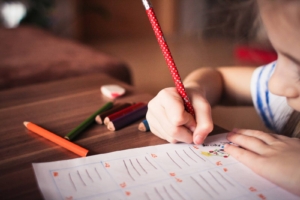
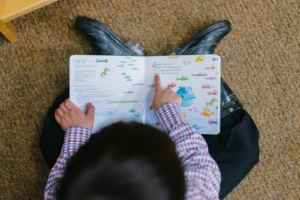
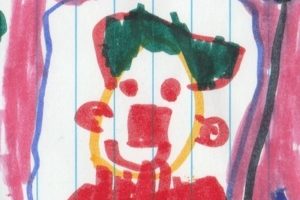
Photos
Take photos when you’re doing anything that constitutes learning. And, that’s a lot! You can choose to just save the photos to your phone, print them off once a quarter or even turn them into a printed photo album or book.
Here are some examples of photos I’ve taken and saved on my phone to an album called “Homeschooling”:
- Completing workbooks
- Reading and library visits
- Painting
- Drawing on a whiteboard or with chalk
- Playing board games, chess, UNO or top trumps
- Building Lego
- Cooking or baking
- Outdoor activities such as bird watching at a local park or collecting shells at a beach
- Outings to castles, museums, aquariums
- Boat rides
- Doing exercise – yoga, running, football, swimming
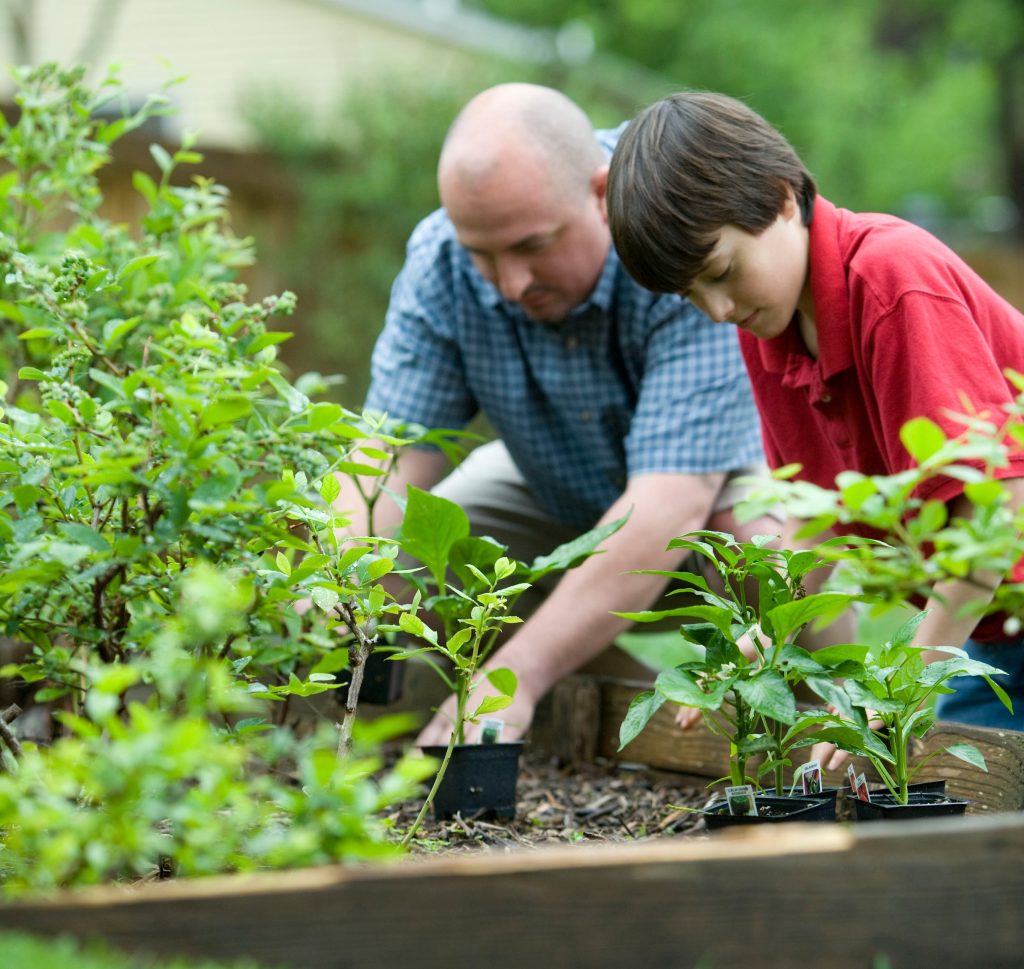
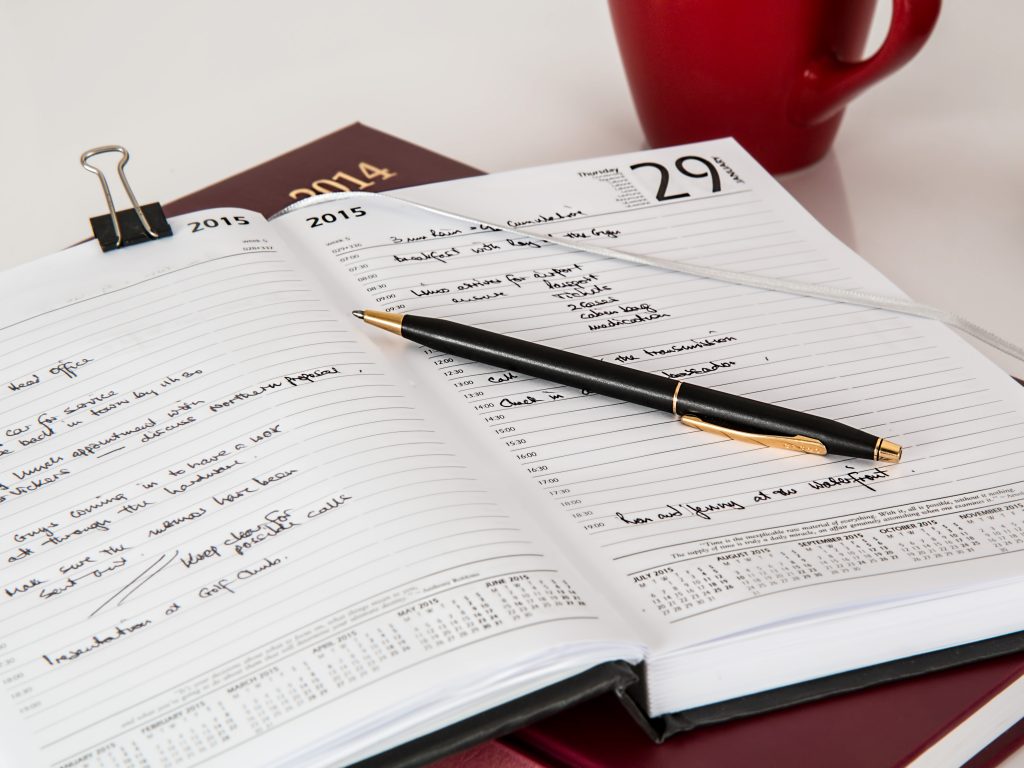
Diary
Grab yourself an old fashioned diary and just write a line or two per day. You can write as little or as much detail as you like. It’s a way to reflect at the end of the day and just see how much of your regular day, such as baking or going for a walk to the park, can naturally contain learning.
When I kept a diary of learning, I’d simply write entries such as the following:
- Maths – workbook activities and baking
- English – workbook activities and reading
- History – watched a documentary
- Art – painted following a YouTube tutorial
- Science – during our park walk collected different leaves
- Boys played chess and built Lego
Word Document
This is where I tend to plan the year out, with the subjects listed and then activities I’d like to get to through over the course of the year. Every few weeks, I simply open up the word document, add what we’ve done and also maybe add more activities I’d like us to get through in the coming months.
It’s a simple couple of page document that’s forever changing and gives an overview of where my kids are and what they will be learning in the near future.
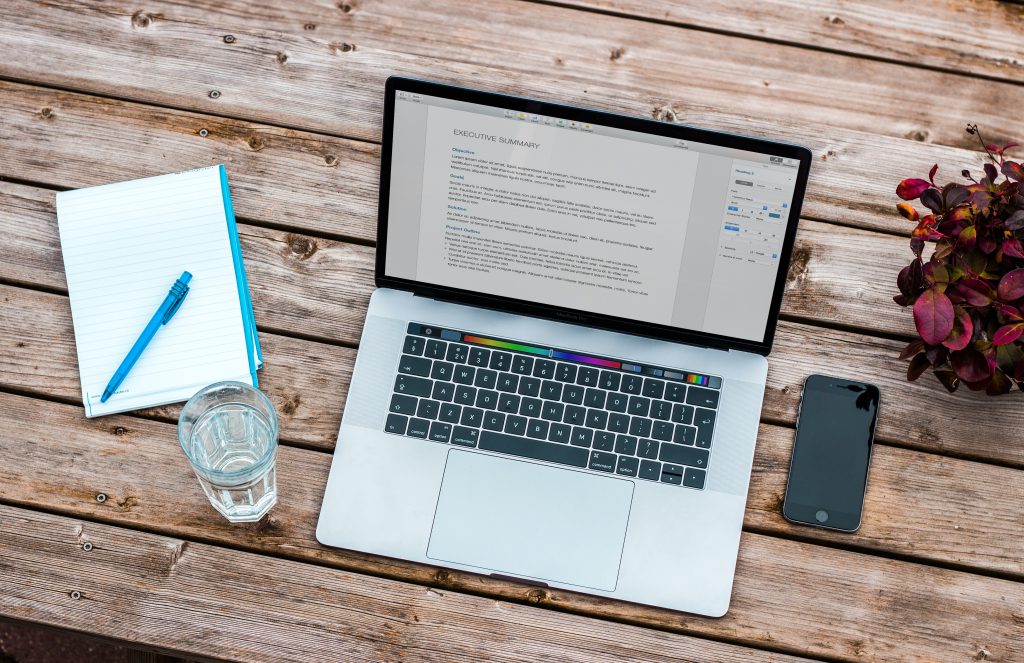
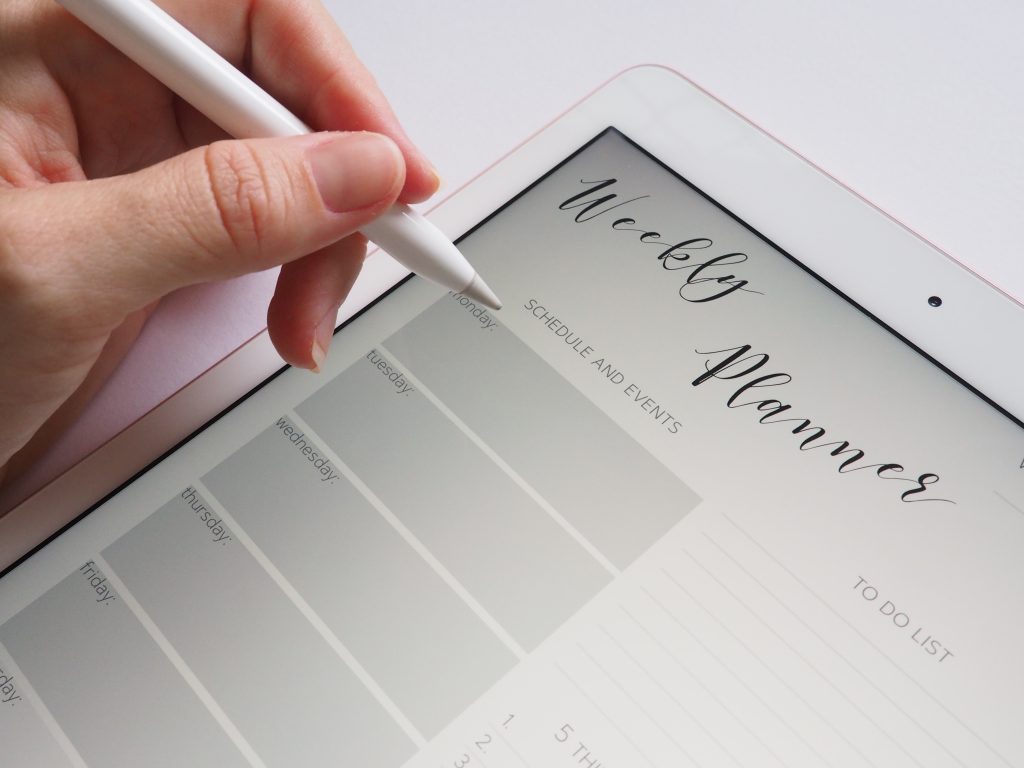
App
Instead of a diary or word document, you may prefer to keep your records on an app on your phone. That may be a checklist app or an app like evernote to help keep you organised.
Email Draft
As with the word document, I have an email draft with links to websites, documentaries and YouTube videos that we plan to watch or have watched.
It’s a quick, easy place to keep a record of online resources that help me educate.
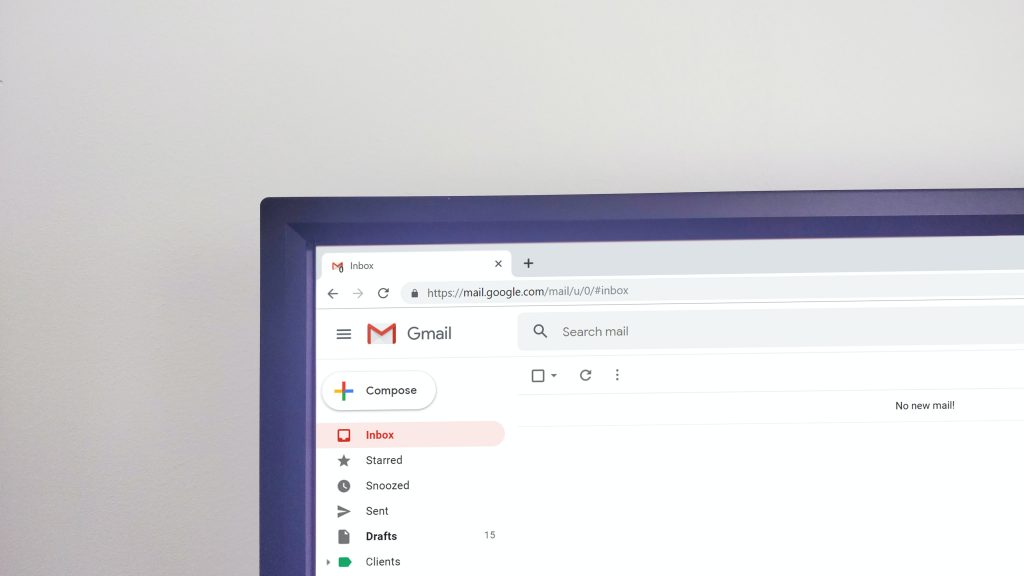
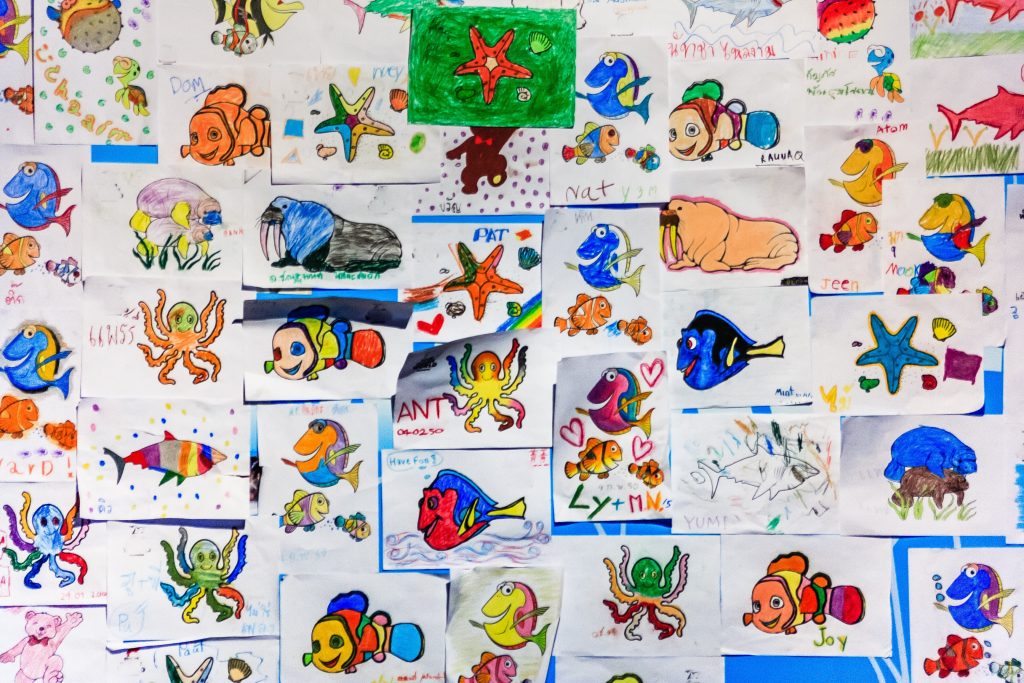
Keeping Workbooks and Art
Anytime a workbook is completed or art drawn or painted, store it in a folder or box. I tend to keep mine for a couple of years before recycling. (Except for pieces that are particularly sentimental.)
You could also keep a folder or folio with random pieces of paper, arts or crafts for each school year.
conclusion
As you can see, there are lots of options to choose from when it comes to keeping records for one reason or another, when home educating your children.
Thanks to our member Jolene for submitting this blog post.
